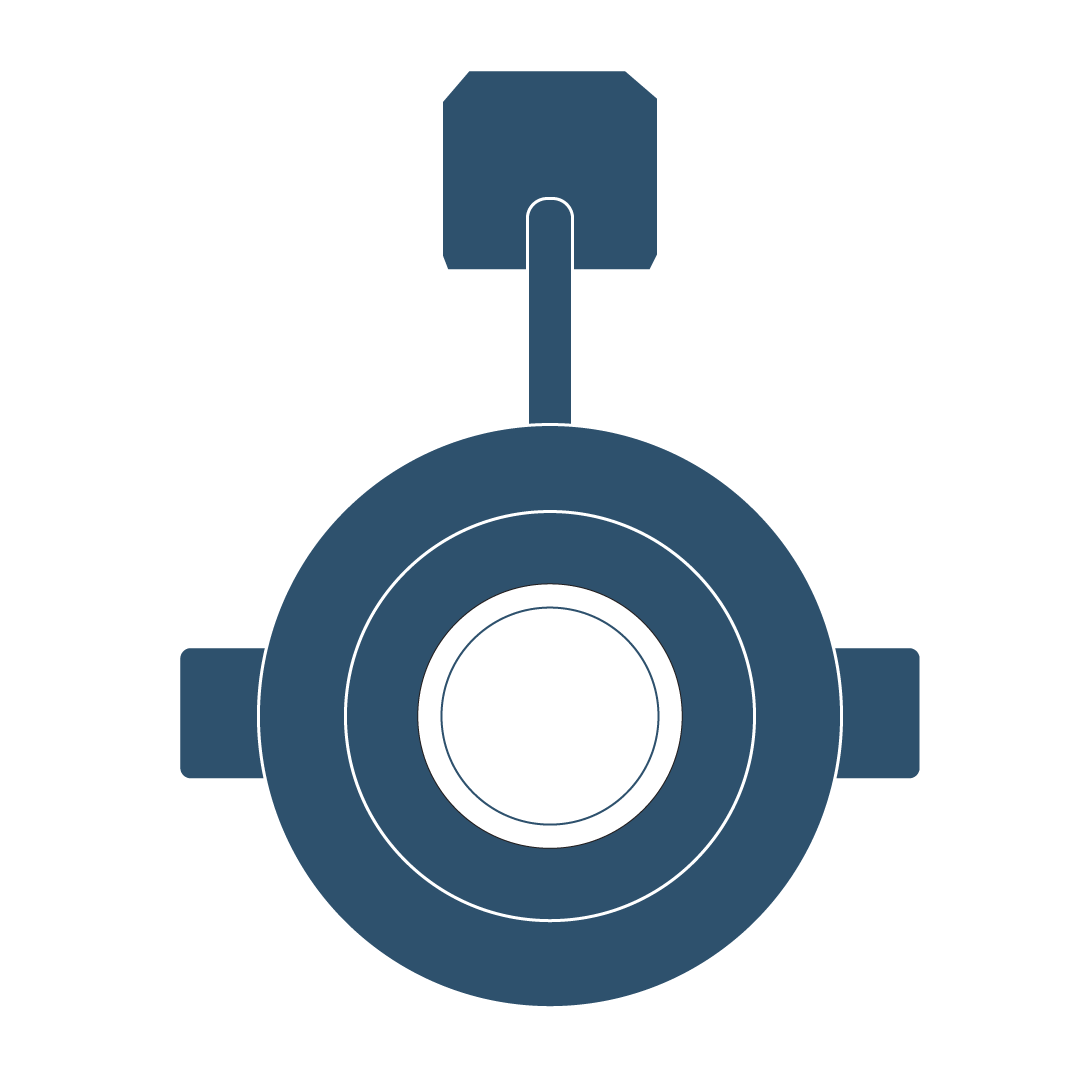LED Sensor Lights: Experience Security and Convenience
Using an LED sensor light accessory can control your lighting in a 'hands-free' way. With this, the turning of your lights on and off will rely on movement instead of the manual act of switching on and off. This is especially useful for things like under cabinet lighting in the kitchen, where your hands are often wet.
Door sensors, like a motion sensor front door light, are a fantastic way to be energy-efficient as they ensure that your lights are only on when you need them (when the door is open), and you don't have to remember to turn them off again as they will turn off automatically when you close the cabinet door.
Our LED sensor light products are part of our indoor lighting range of products, and they are here to complement your LED lighting and help you become more energy efficient.
Can LED Sensor Lights Be Adjusted to Different Levels?
Whether it's an LED sensor light or a motion sensor front door light, you’ll see that different models have varying customisations. With some, you can set the sensitivity and time.
- Sensitivity - this is the distance on how far your lights can sense movement and how big the object can be identified.
- Time - this is the duration for how long your lights are switched on.
Some LED lights with built-in motion sensors or separate sensors will allow you to set your preferred sensitivity and time. However, you’ll find many that have a specific radius coverage and active time set.
Motion sensors can help you increase the safety of your space and ensure that you are not wasting your resources on unnecessary electrical consumption. However, if your LED sensor lights are not set up properly or you don’t have the right model for your intended purpose, it can be a hassle, and you may not enjoy the perks of having one. So, like all lighting accessories, you need to find the right motion sensor for your LED lights!
Are There Specific Installation Considerations for LED Sensor Lights in Different Environments?
While there are light kits and DIY-friendly light fixture installations, it’s always best to err on the side of caution. When you don’t have the right tools or equipment and if you have zero lighting installation experience, it’s better to call a professional or an acquaintance who’s knowledgeable and has experience with mounting light fixtures.
As for installation considerations for LED sensor lights, the rule of thumb is always to check the technical specifications, product description or packaging of the fixture. With those, you’ll know if the LED sensor light is suitable for indoor or outdoor applications.
You see, indoor lights commonly have a low IP rating and are constructed from materials that will thrive under a roof with four walls. Because of this, when they’re exposed to outdoor elements, indoor fittings will not survive.
On the other hand, an outdoor LED sensor light or other outdoor fixtures are designed to be weather-proof so they can endure sudden weather and temperature changes. Although you can try, the problem with putting outdoor lights inside your home is they’re overwhelmingly too bright.
They may swallow your entire room with illumination and make the rest of your interior design fade into the background! So, ensure that you check the specifications of your LED sensor light and guarantee they will suit the environment in which you plan to mount them.
How does LED sensor light work?
For an LED sensor light to function, it needs to detect motion within a specific radius. When it does, it will trigger the light source to switch on. Depending on the sensitivity and customisation of the sensor, the action and coverage can change.
Some motion sensor LED lights will activate with a hand swipe. Others will switch on if it detects the presence of a person. You need to know the specifics of your motion sensor before purchasing it to guarantee that it will function as you expected. If you don’t, you might be forced to buy a different LED sensor light.





































